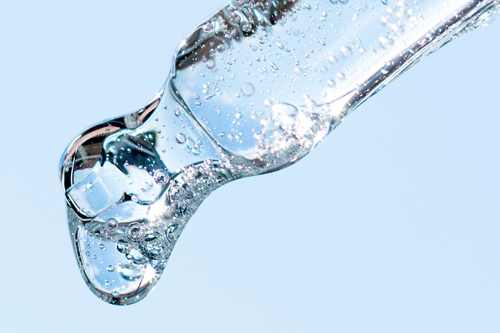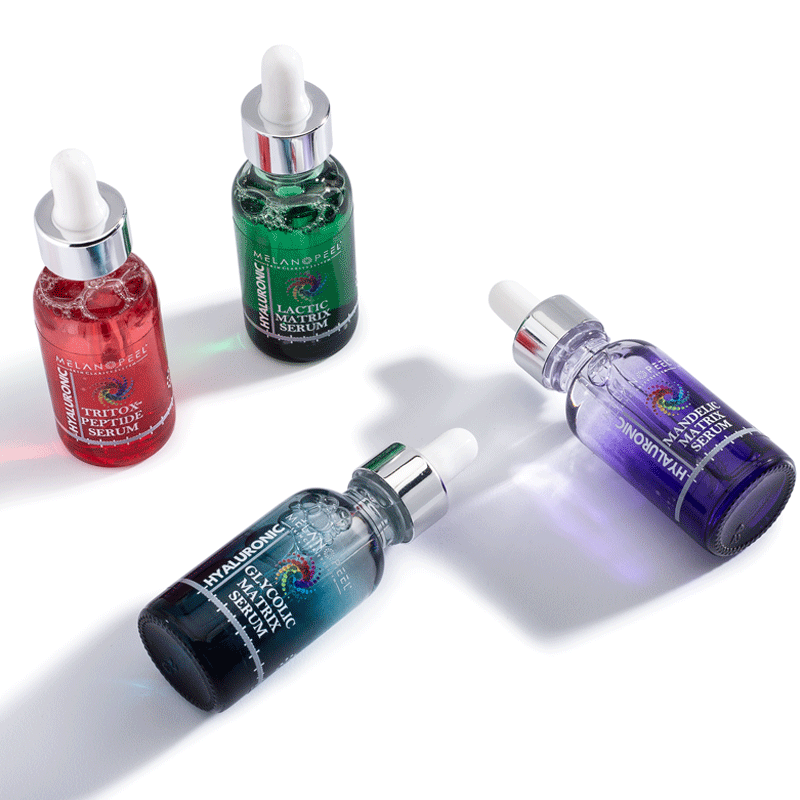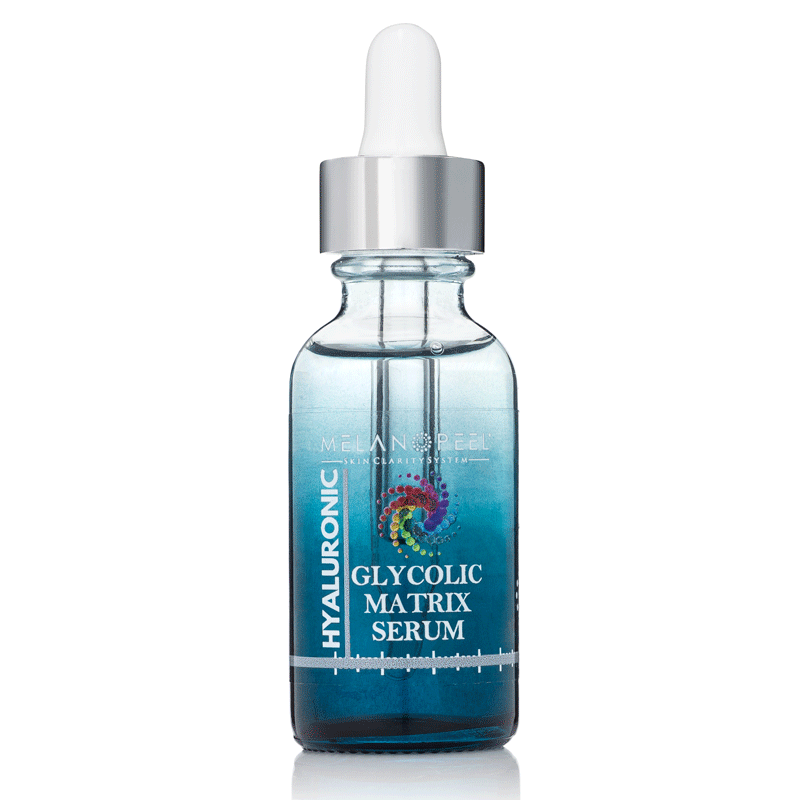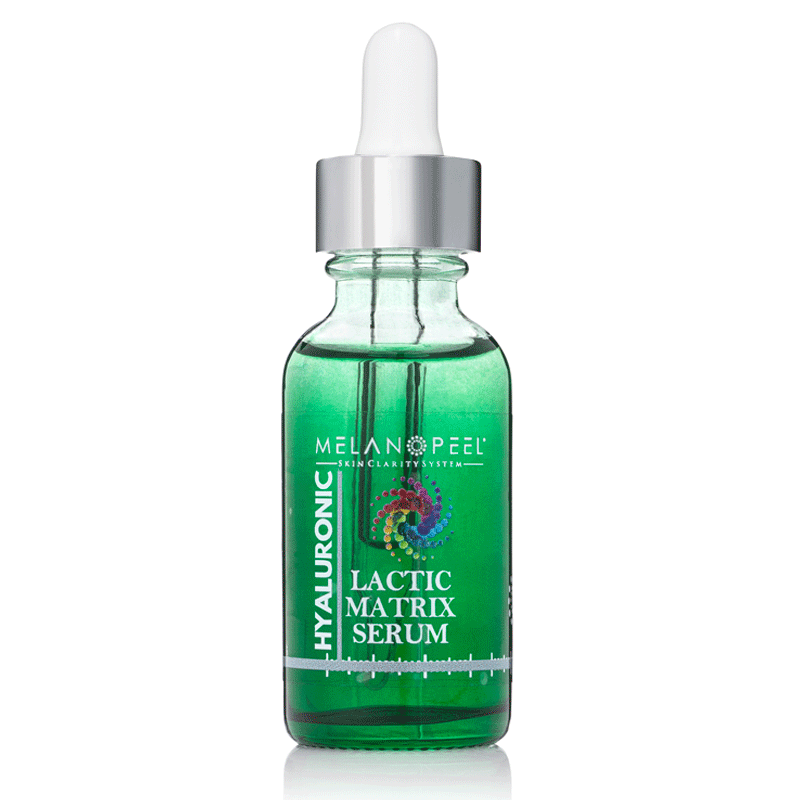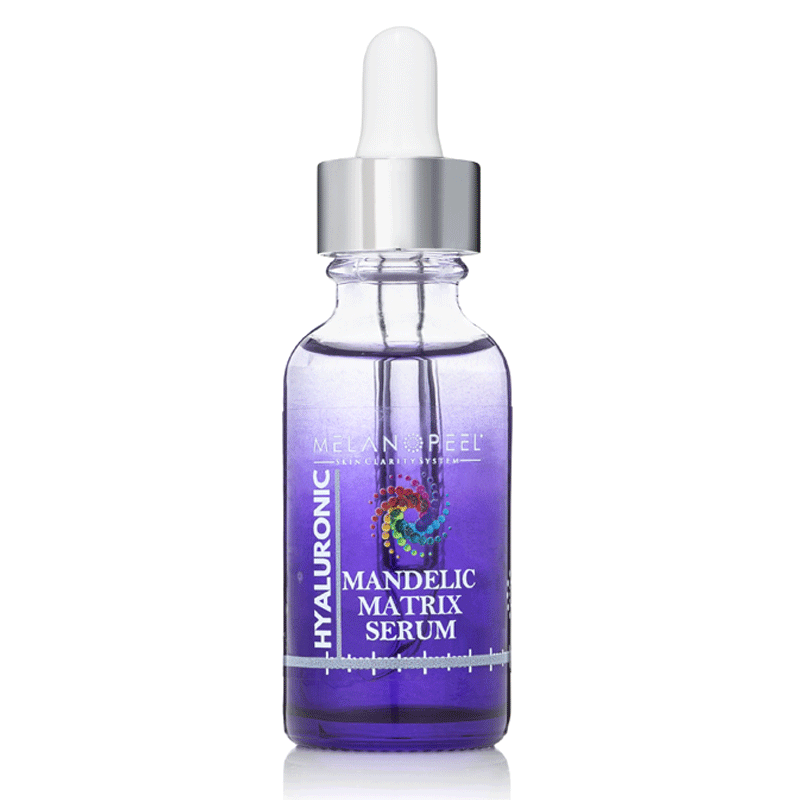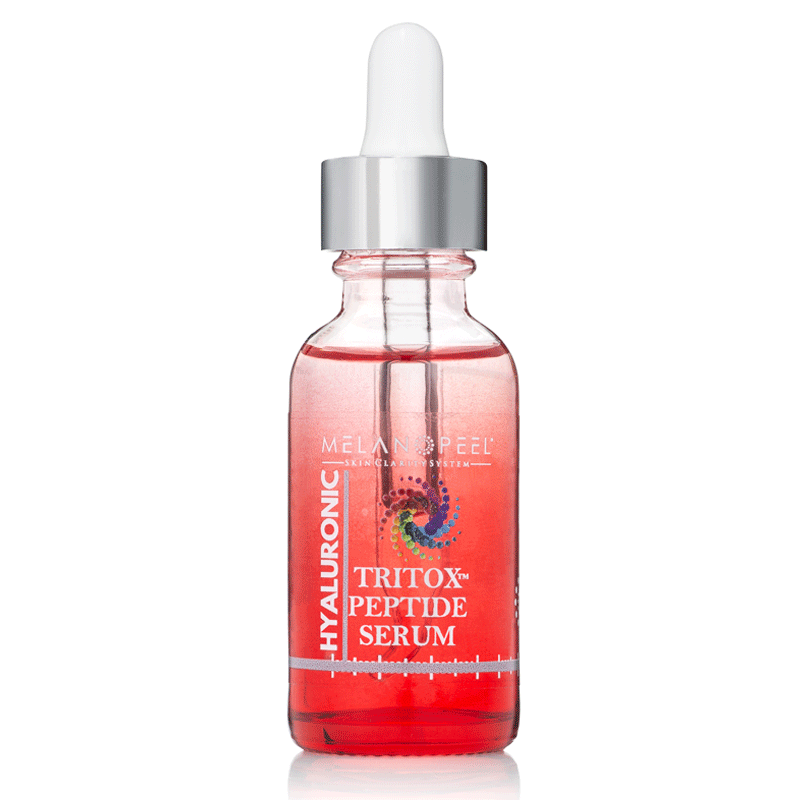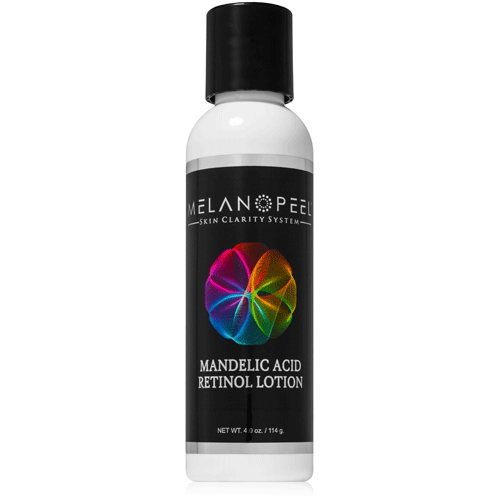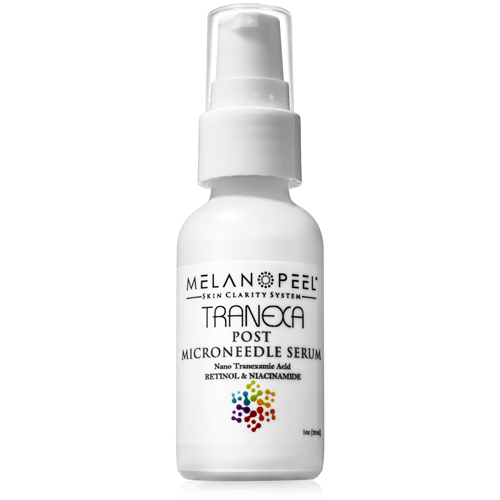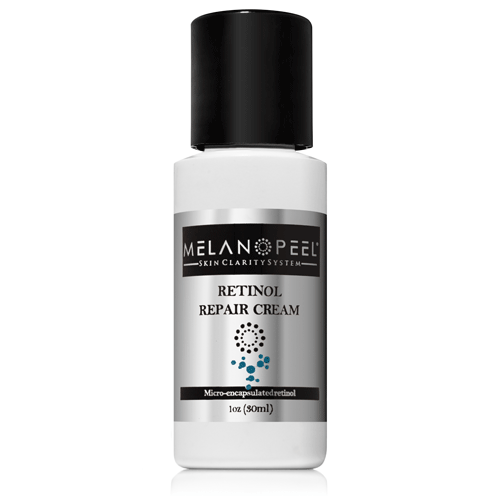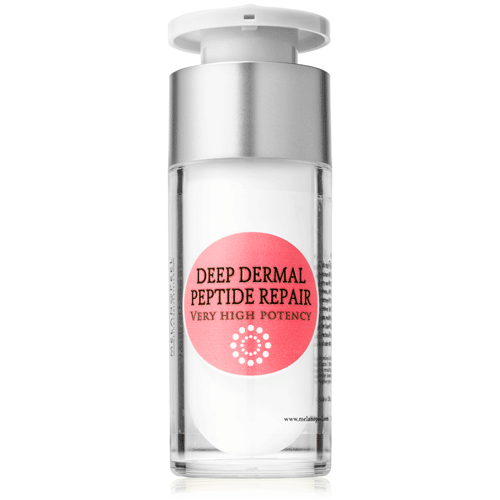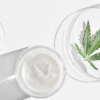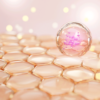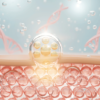Hyaluronic acid (HA) is also known as hyaluronan. Many skin care companies recommend it to improve skin’s appearance and texture.
Regardless of the fancy name, HA in skin care is simply a hydrator that works on and above the skin’s surface.
What is hyaluronic acid?
Skin ageing and maturing is a multi-factorial process comprising of intrinsic and extrinsic mechanism. Young skin holds its turgor, flexibility and pliability by retaining high content of water. Normally, this moisture is lost by ageing, in addition to any external injury. Hyaluronic Acid is a key molecule involved in retaining skin moisture.
On average, humans contain 15 grams of hyaluronic acid within their body. Out of which, one third is synthesized and degraded on a daily basis. Different factors are involved in decreasing its concentration in the skin like smoking, pollution, injury and UV rays from the sun. But the natural ageing process plays a key role in its reduction. Ageing is associated with the continuous loss of hyaluronic acid in the skin resulting in decreased elasticity, skin atrophy and dehydration.
The HA found in skin care is formulated differently to that found in dermal fillers.
The hyaluronic acid that you will hear about in dermal fillers injected by your aesthetic physician is very different to the HA used in skin care products. This type of HA has additional links that make it stronger so that it can restore volume within the face. The HA in dermal fillers is meant to replace lost HA deep within the skin. This can occur only by injections.
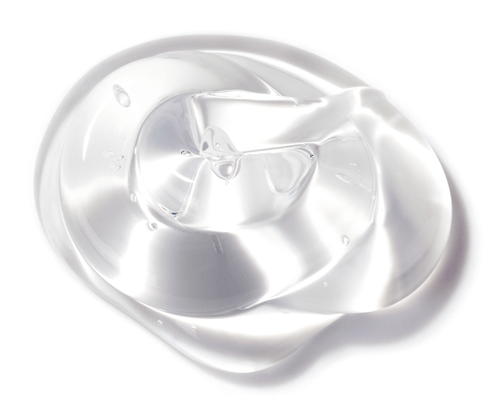
It is impossible for HA found in skin care creams and serums to plump up your skin and produce results similar to that of medical injections.
Hyaluronic acid for hydration.
With HA, don’t let the word ‘acid’ make you believe that is it resurfacing the skin, as it does not. Hyaluronic acid is not an active ingredient. By acting as a humectant, it grabs on to moisture. It is well known that moist, hydrated skin reduces the appearance of wrinkles, making the skin look smoother and more pliable. Surprisingly, hyaluronic acid retains over 1000 times more water than its own weight.
Now you will be thinking this – why do we need an external supply of hyaluronic acid if our bodies are naturally producing it? The answer to this question lies in the fact that the ageing process results in less and less production of it, plus we always need more to keep our skin hydrated on the outside.
So with skin creams, we are using HA to add moisture only to the surface of the skin. With medical HA injections, we are replenishing moisture and volume from within. With medical dermal filler injections, think of a raisin being plumped back up to a grape. The Melanopeel HA serums are a great addition to the line – they are hydration, boosted with active ingredients.
Good for all skin types.
Skin creams containing hyaluronic acid are suitable for all skin types, including sensitive skin. HA is considered safe having no toxic effects. If you have dry skin or fine wrinkles, you can certainly benefit from the effects of hyaluronic acid. Most persons experience an increase in skin moisture and reduction in dry skin. This effect is temporary, meaning that you will need to keep reapplying your products.
Our HA in Melanopeel® skin care is loaded with medical grade goodies that go beyond skin hydration – peptides, mandelic acid, lactic acid, glycolic acid, co-enzyme Q, niacinamide, tranexamic acid, retinol and botanical antioxidants.
Hyaluronic Glycolic Serum Hyaluronic Lactic Serum Hyaluronic Mandelic Serum Hyaluronic Tritox™ Serum Mandelic Retinol Lotion Tranexamic Retinol Microneedle Serum Retinol Repair Cream Deep Dermal Peptide Repair


